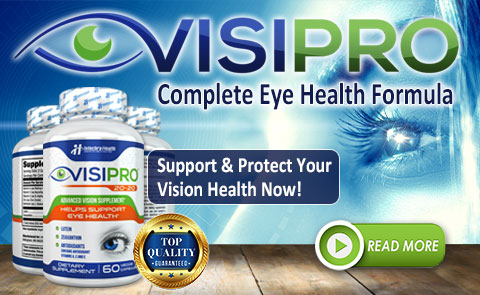 Choosing to protect your eyes with a few simple habits in your everyday life can make a surprising difference to your vision health throughout your life.
Choosing to protect your eyes with a few simple habits in your everyday life can make a surprising difference to your vision health throughout your life.
Protect Your Eyes from Common Risk Factors
It’s true that you can’t protect your eyes from everything that can put you at risk of common vision problems. Genetics play a significant role in your eye health. As a result, there are certain risk factors that are simply built into you even before you were born.
Still, this doesn’t mean that there isn’t anything you can do to protect your eyes or that these lifestyle habits won’t make a meaningful difference to your vision health. There is a great deal you can do to potentially reduce your risk of conditions ranging from age-related macular degeneration to glaucoma.
Simple Habits to Protect Your Eyes from Several Vision Problems
As was already mentioned, there are some risk factors, such as genetics, that you simply cannot avoid. However, by adopting certain simple steps to protect your eyes from the risk factors within your control, you can make a meaningful difference to your vision health.
Wear Sunglasses
When you go outside during the daytime, wear sunglasses. Whether you have prescription glasses or simply pick them up from the local drugstore, make sure you have tinted lenses or clip-ons that provide 100% UV protection.
Whether it’s a dark tint, a light one or a transitional lens that will adapt to the current brightness, this is an extremely simple but highly effective step to protect your eyes from one of the most common forms of damage.
Eat Nutritious Foods
Choosing a balanced diet on most days can also help to protect your eyes from a spectrum of issues that can cause damage. Focus on a variety of vegetables and fruits, whole grains, lean proteins and healthy fats. Fill in your daily nutrition with a vision support supplement with lutein and zeaxanthin as well as antioxidants such as vitamins A, C and E.
Control Your Blood Sugar
Chronically high blood sugar levels can be harmful to the blood vessels that lead to our eyes. Over time, it can bring on vision problems. Keep up annual check-ups with your doctor and monitor your blood glucose if recommended. If your blood sugar levels are high, follow your healthcare provider’s instructions for controlling them. This could mean changes in diet, physical activity levels and other factors.
Use Eye Drops
If you have dry eyes, purchase simple lubricating eye drops. Avoid the anti-redness drops, as tempting as they may be. Those drops can cause more harm than good, particularly over time. Instead, look for lubricating drops meant only to provide your eyes with hydration. This will not only help to soothe them but will also help to protect your eyes from problems that can occur as a result of chronic dryness.




















